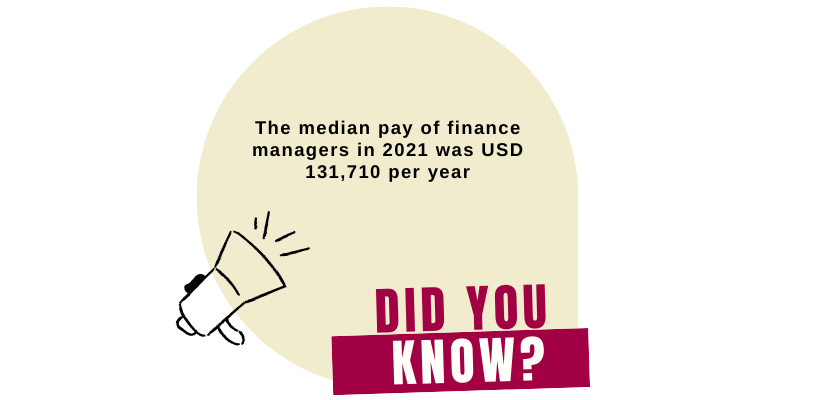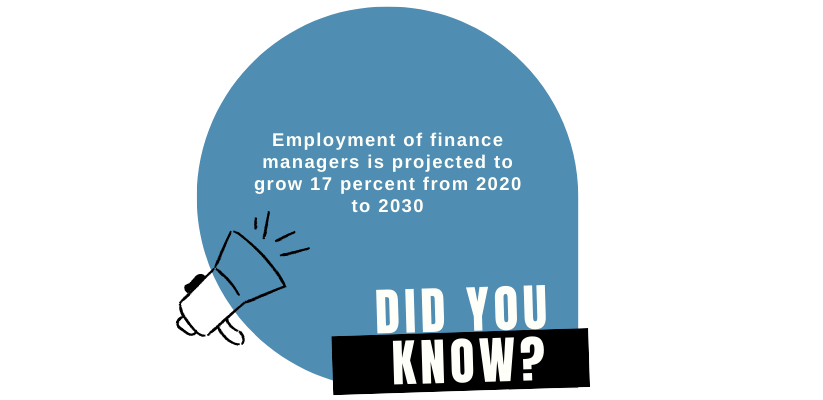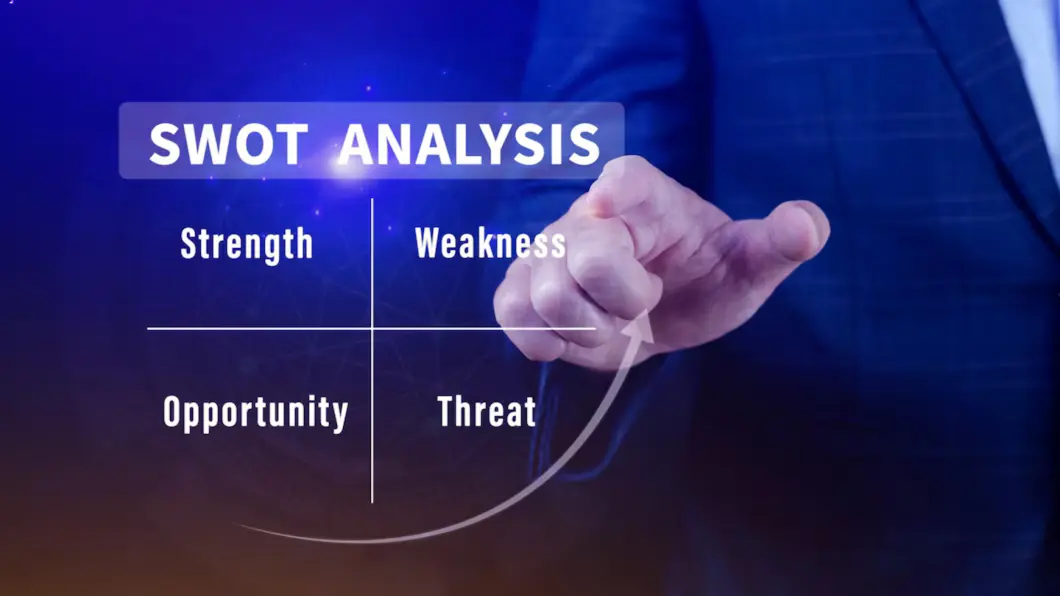Summary: Financial management comprises methods and techniques for handling a company’s financial assets. It helps the business track its expenses & profits and, more importantly, allows it to adhere to government rules and regulations. It often requires brainstorming effective financial strategies & high-level plans and sticking with them for a sustained period.

What is financial management?
At its very basic, financial management is about brainstorming and implementing a financial plan and ensuring that each department sticks to it for the pre-decided time frame. An error-less financial plan allows key stakeholders to:
- Make solid strategies based on factual facts, figures, and market realities.
- Make investments in financially-sound start-ups.
- Evaluate a company’s financial performance based on metrics such as price-earnings (P/E), Capital ratio, Return on equity (ROE), etc.
Financial management ERP software allows companies to get a comprehensive picture of their financial performance through a single window. In addition, they can quickly learn about multiple financial functions, including revenue recognition, accounting, payment processing, and fixed-asset management that facilitate the smooth functioning of a business.
In short, a financial management system provides real-time status of a company’s finances and helps carry out day-to-day operations like period-end closing.
Why is Financial management crucial for your business?
The three essential pillars of financial management are:
1. Strategizing
Companies need to identify their short and long-term financial goals. Moreover, the senior management requires access to valuable insights for scenario planning.
2. Decision-making
Decision-makers make high-level decisions based on factual reports and relevant KPIs.
3. Controlling
Business leaders must ensure that each department is aligned with the strategy and operating within the set budget.
Effective financial management allows the workforce to understand the company’s financial performance and its long-term vision, mission, and values.
What are the objectives of financial management?
Based on the pillars mentioned above, financial managers help companies achieve the following objectives of financial management:
- Complying with state, central, and industry-specific regulations.
- Tracking cash flow to ensure the organization has enough funds to fulfill its financial obligations.
- Maximizing profits by offering valuable insights on, for example, rising transportation costs that might increase the cost of finished goods.
- Developing multiple financial scenarios based on the changing market conditions, customer preferences, and the business’s current financial state.
<<<Also Read: The Objective of Financial Management>>>
What is the scope of financial management?
Financial management comprises four crucial areas:
1. Budgeting
The financial manager assigns available funds to meet operational expenses, including employee salaries and T&E, rents, mortgages, raw material costs, and transportation costs. They also need to set aside some money to explore new market opportunities and deal with emergencies.
Budgets are of two types — Static and flexible.
| Static Budget | Flexible Budget |
| Remains constant even if there are substantial changes in the assumptions made during the planning phase. | Adjusts if the assumptions made during the planning phase change. |
Analyzing and managing risk
Business executives depend on financial managers to understand various business risks and how to control them. The following points tell how:
1. Credit risk
If customers fail to pay on time, the business might face difficulties running its day-to-day operations. It will not have enough cash to meet its financial obligations, adversely impacting its creditworthiness and significantly reducing its ability to take loans at favorable rates.
2. Operational risk
Examples of operational risk include the probability of a machine breaking down and signing a periodic machine maintenance contract with a vendor. It also includes planning and investing for:
- Disaster recovery
- Crisis management
- Business continuity
3. Market risk
Depicts the amount of risk that exists in a particular industry. For example, the impact of the COVID-19 pandemic on the hospitality industry.
4. Liquidity risk
The financial management team has to track a company’s cash flow in real-time to identify the weak spots where most of the money flows out without generating any ROI. It also involves determining future cash needs and freeing up working capital for uncalled expenses.
<<<Also Read: The Scope of Financial Management>>>
What procedures does the financial manager follow?
The financial manager creates a list of procedures that guide the financial management team in generating and distributing financial data, including payments, invoices, and reports, accurately while ensuring security at all times.
These procedures also define each stakeholder’s responsibility and determine the ultimate signatory authority.
A set of procedures offers companies a tried and tested way of doing things faster and more efficiently. They don’t have to start everything from scratch. Instead, they can align their strategies with the rules and regulations mentioned in the procedures and expedite the process.
What is the role of a financial manager?
A financial manager manages the functioning of a company’s financial department. The list below provides their daily work routine:
1. Creating a capital structure
One of the crucial tasks of the financial management team is to generate a capital structure after estimating the amount of capital. This process involves short and long-term debt-equity analysis. The capital structure is based on the amount of capital the company owns and the amount to be raised from external stakeholders.
2. Assigning profits
If a company makes significant profits in a financial year, the financial manager must assign them for:
- Contingency measures
- Purchasing machines
- Expanding to new markets
- Investing in research and development
- Product innovation
- Paying dividends to shareholders
3. Financial control
Organizing & obtaining funds from multiple sources and controlling expenses constitute the most important tasks of a financial manager. They can use ratio analysis, cost control, risk management, profit management, and financial forecasting methods to manage their finances well.
4. Estimating the required capital
A crucial task of financial management is to estimate the amount of capital required by the company to manage its day-to-day operations. This step involves estimating the amount needed for purchasing and maintaining machines. A financial manager has to ensure that estimates are done in a way that eventually helps the company make profits.
5. Judicious capital investments
A financial manager has to make intelligent investment decisions. Therefore, finding promising start-ups and identifying excellent investment opportunities is one of the essential functions of the financial management team.
6. Managing money appropriately
Efficient administration of money allows the financial management to distribute salaries, meet financial obligations, pay taxes, maintain appropriate stocks in the warehouse, and purchase materials and equipment necessary for the proper functioning of the manufacturing facility.
An illustrative example of financial management
Consider the following example. A perfume manufacturer wants to release a new perfume in the market. The CEO calls a meeting to decide the total cost of manufacturing a thousand bottles. After the meeting, he asks the finance manager to determine where the funds will be obtained from, for example, external investors, bank loans, commercial mortgages, etc.
Then, the finance manager contacts several stakeholders to ask for funds. After receiving the funds, he ensures those funds are allocated to each department in the organization cost-effectively based on their needs.
After a month, when the sales data is revealed, the finance manager decides whether to invest the money in:
- Manufacturing more perfume bottles of the same type.
- Start a new line of perfume to cater to a different target segment.
- Distribute extra cash to the stakeholders in the form of dividends.
While the whole manufacturing process is going on, the finance manager also needs to ensure that the workers are being paid on time. Further, creating and analyzing real-time finance reports is also crucial to determine whether the company is making the same amount of profits as was initially planned during the brainstorming sessions.
STAY UPDATED
Subscribe To Our Newsletter
At Sage Software Solutions (P) Ltd., we are home to world-class ERP software and CRM software that will solidify your business tech support fundamentals and enable you to build a customer-centric organization. You can also write to us at sales@sagesoftware.co.in.
Disclaimer: All the information, views, and opinions expressed in this blog are those of the authors and their respective web sources and in no way reflect the principles, views, or objectives of Sage Software Solutions (P) Ltd.








